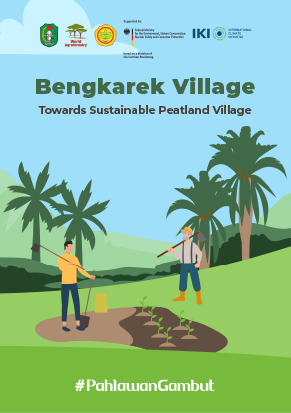In 1998, a decree issued by the Indonesian government enabled communities in Krui, Indonesia, to register for concession rights over the area of state forest land planted with their agroforests. Registration would provide farmers with the legal right to manage and benefit from these agroforests. In 2005, the authors found that even though none of the Krui communities has ever formally applied for their concession rights, the decree has been instrumental in stopping outsiders' attempts to appropriate these agroforests. Farmers within the state forest zone felt secure enough to continue investing in their complex agroforestry systems, while planting trees reinforced their feeling of security. The authors conclude that it is not the legal status of tenure, but the perception of tenure security that is of significance in people's land-use decisions. These results are considered in the wider context of state-community conflicts over forest land in the tropic
DOI:
https://doi.org/10.1007/s10745-006-9103-4
Pontuação Altmetric:
Dimensões Contagem de citações:



















